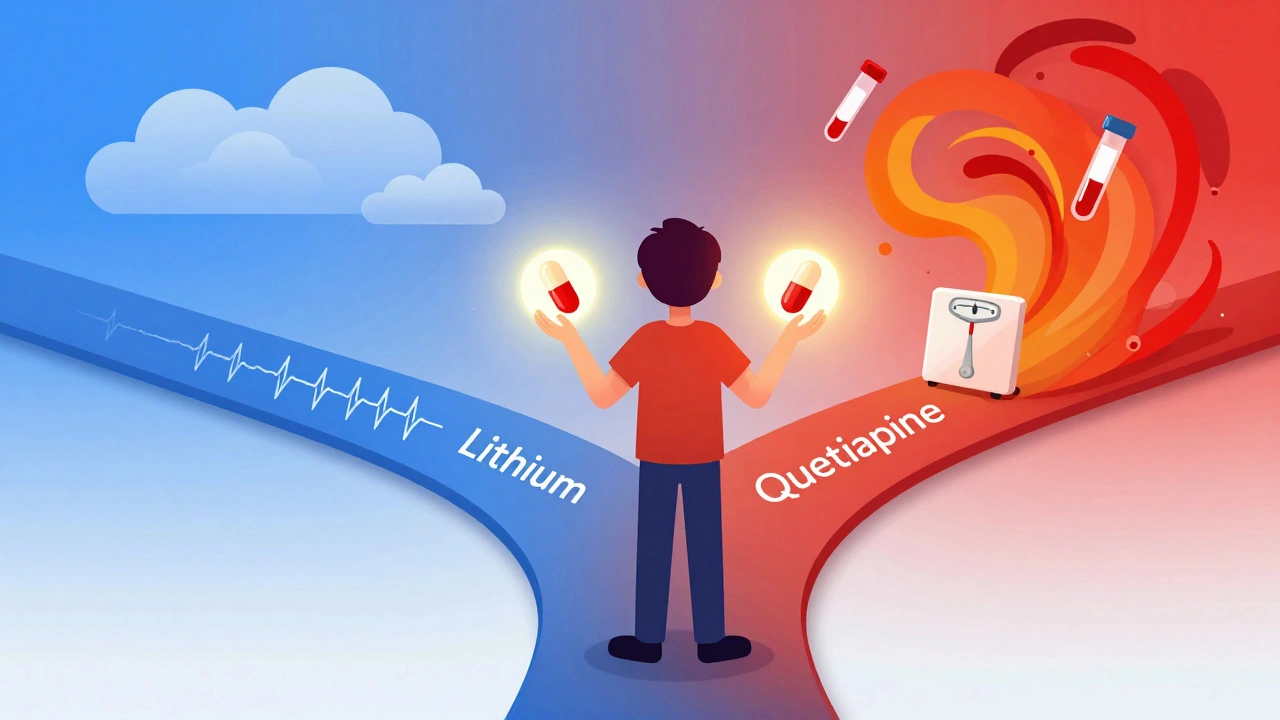Bipolar Disorder: What You Need to Know
Bipolar disorder is more than just mood swings; it’s a mental health condition that causes extreme shifts in mood, energy, and daily functioning. If you or someone you know experiences periods of unusually high energy and euphoria followed by deep lows and depression, understanding this condition can make a real difference.
Common symptoms include rapid changes from mania—where you might feel overly excited or irritable—to depression, which can bring feelings of hopelessness or fatigue. Recognizing these patterns can be tricky because the symptoms often look different from person to person.
Why Early Recognition Matters
Getting a proper diagnosis early on can help you manage bipolar disorder more effectively. Treatments often involve a mix of medication and psychotherapy tailored to your specific needs. Medications like mood stabilizers and sometimes antipsychotics can help balance your brain chemistry, while therapy provides tools to cope with life’s challenges.
Talking openly with your healthcare provider about symptoms and side effects is crucial. This communication ensures your treatment plan works well and adjusts if needed, keeping you stable and improving your quality of life.
Practical Tips for Managing Bipolar Disorder
Besides treatment, simple lifestyle changes can make a big difference. Keeping a regular sleep schedule, avoiding alcohol and drugs, and managing stress with activities like exercise or meditation can all help maintain mood stability. Surrounding yourself with a supportive network, whether friends, family, or support groups, is also key for ongoing wellness.
Remember, bipolar disorder is manageable. Many people live full, fulfilling lives with the right approach. If you’re looking for reliable information or guidance, resources like DokterOnline offer detailed articles on medications, symptoms, and the latest findings to keep you informed every step of the way.
Bipolar Disorder: How Mood Stabilizers and Antipsychotics Really Work in Practice
Learn how mood stabilizers and antipsychotics work in real-world bipolar disorder treatment, including side effects, monitoring, and what works best based on current evidence and patient experiences.
Lamictal: The Real Guide to Lamotrigine for Bipolar, Epilepsy, and Mood
Dig into the reality of Lamictal—what it really does, who it helps, and secrets your doctor might not share right away. This article makes sense of the latest research, risks, and daily tips for anyone living with epilepsy or bipolar disorder. Expect practical advice, a breakdown of side effects, and how Lamictal compares to other treatments. No fluff, just real facts and life hacks you can use straight away.


